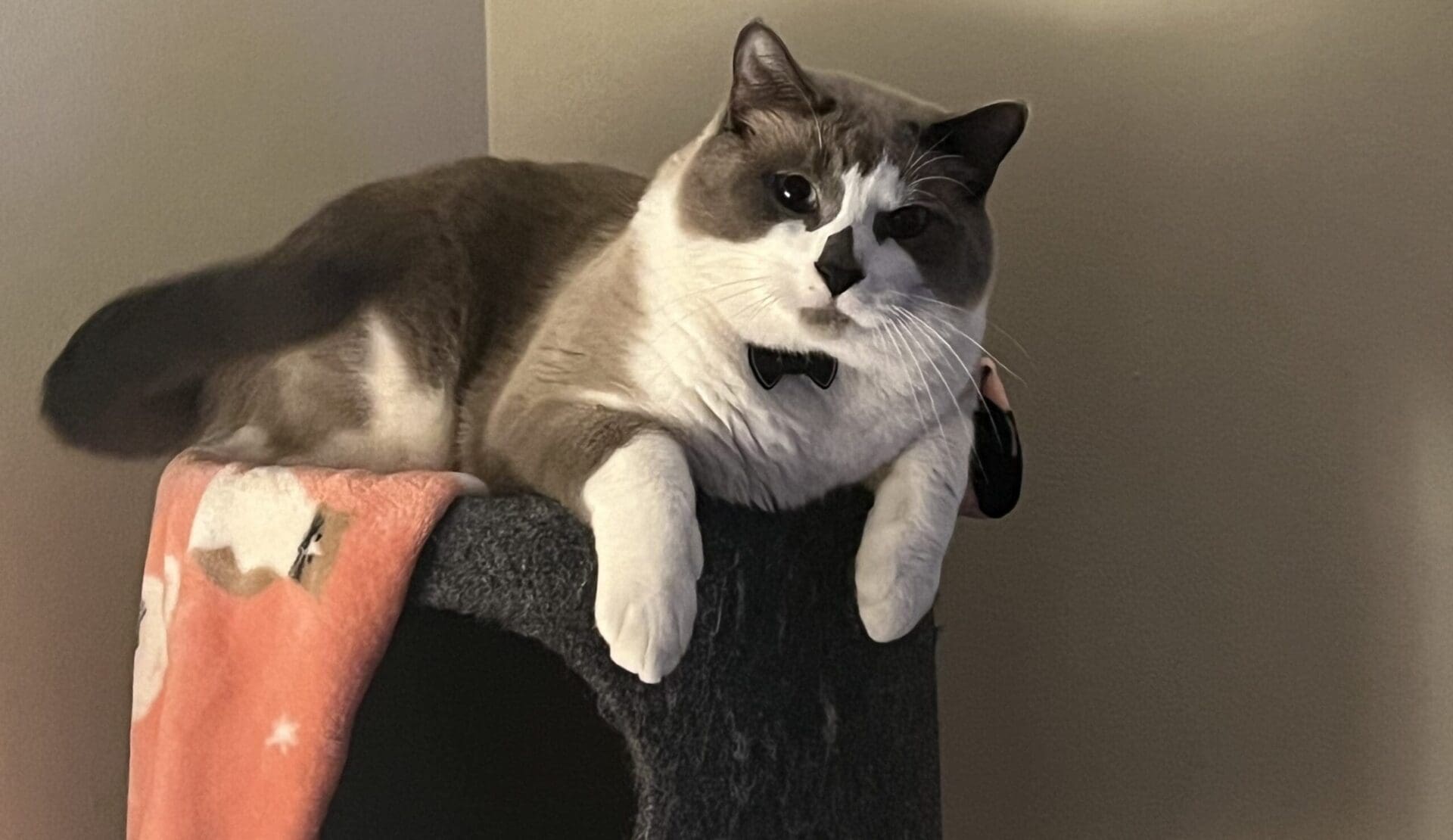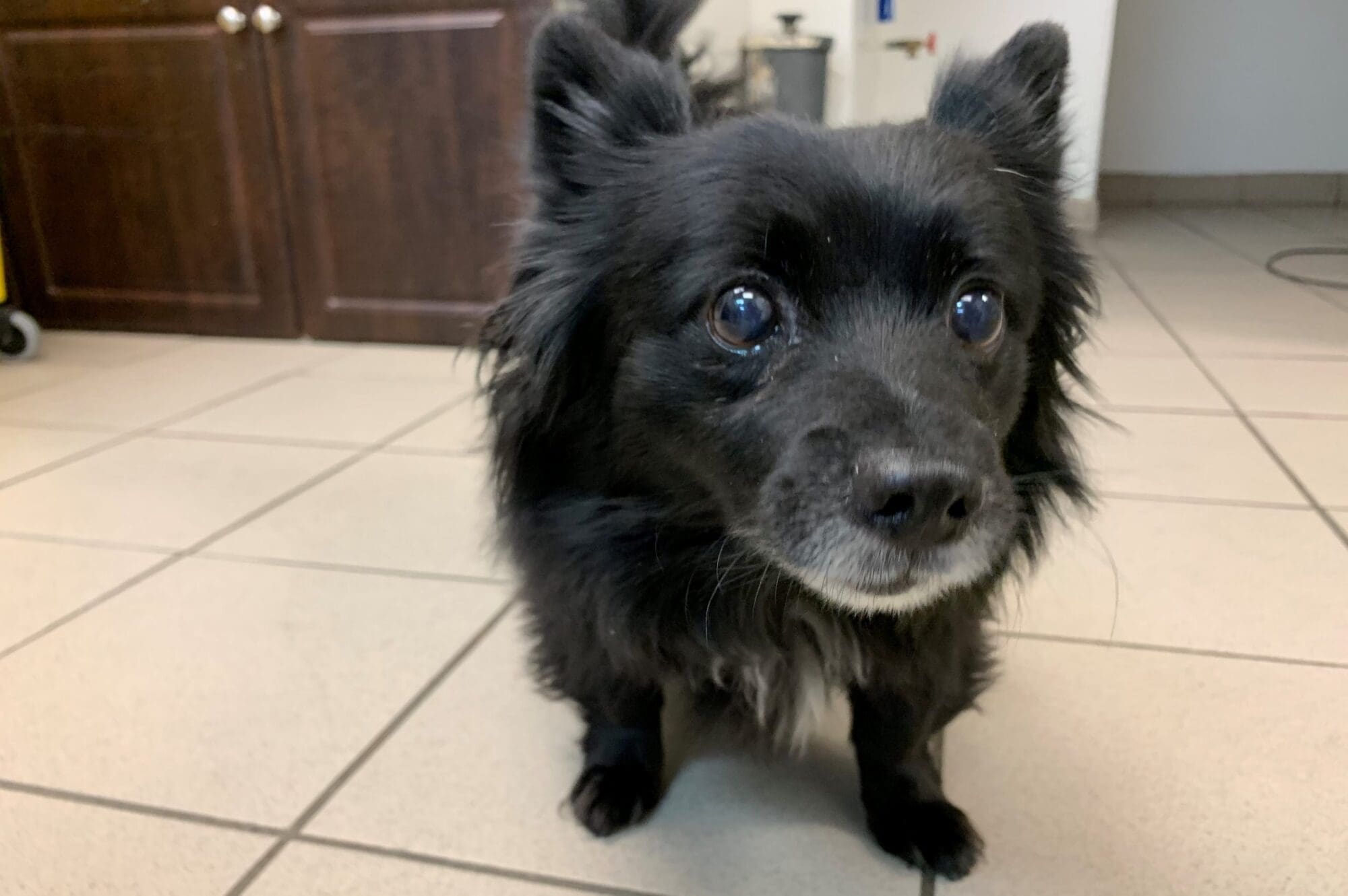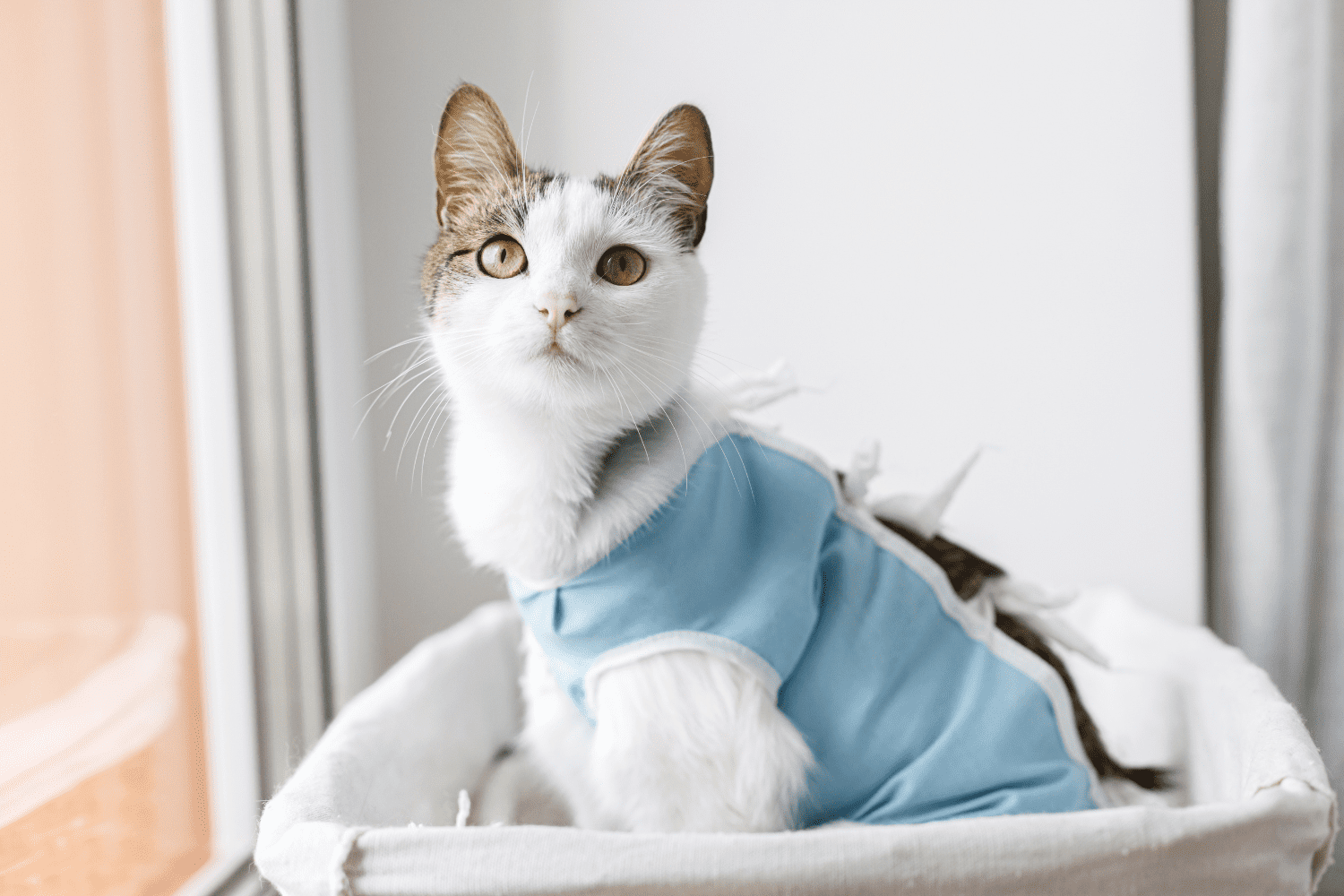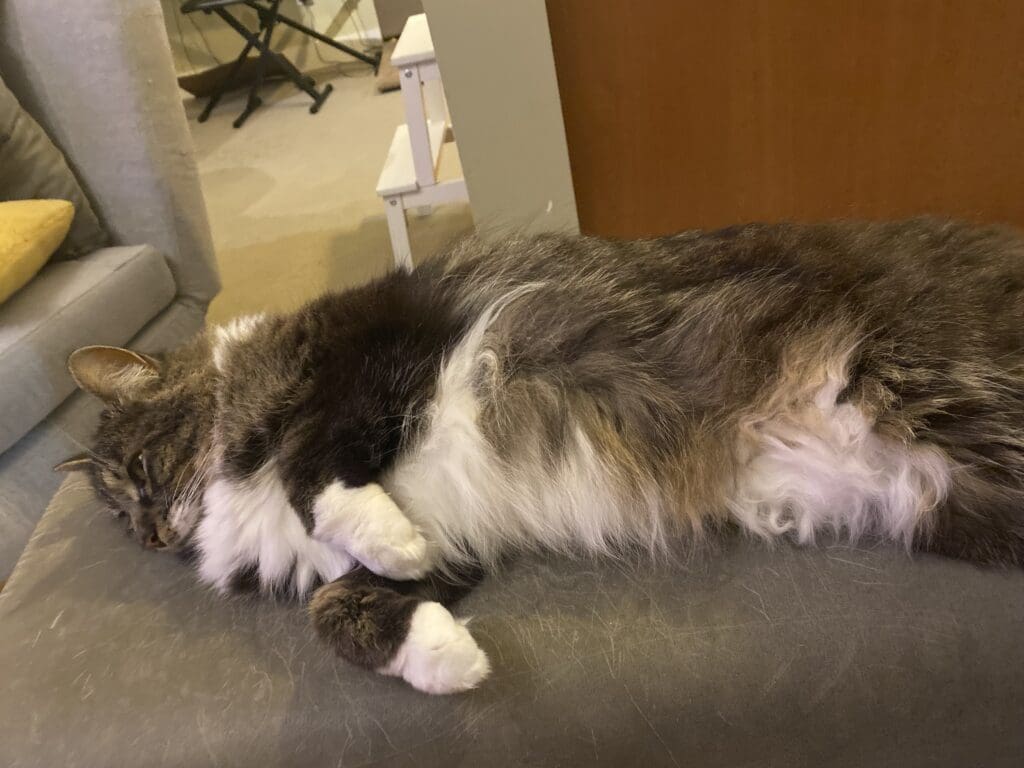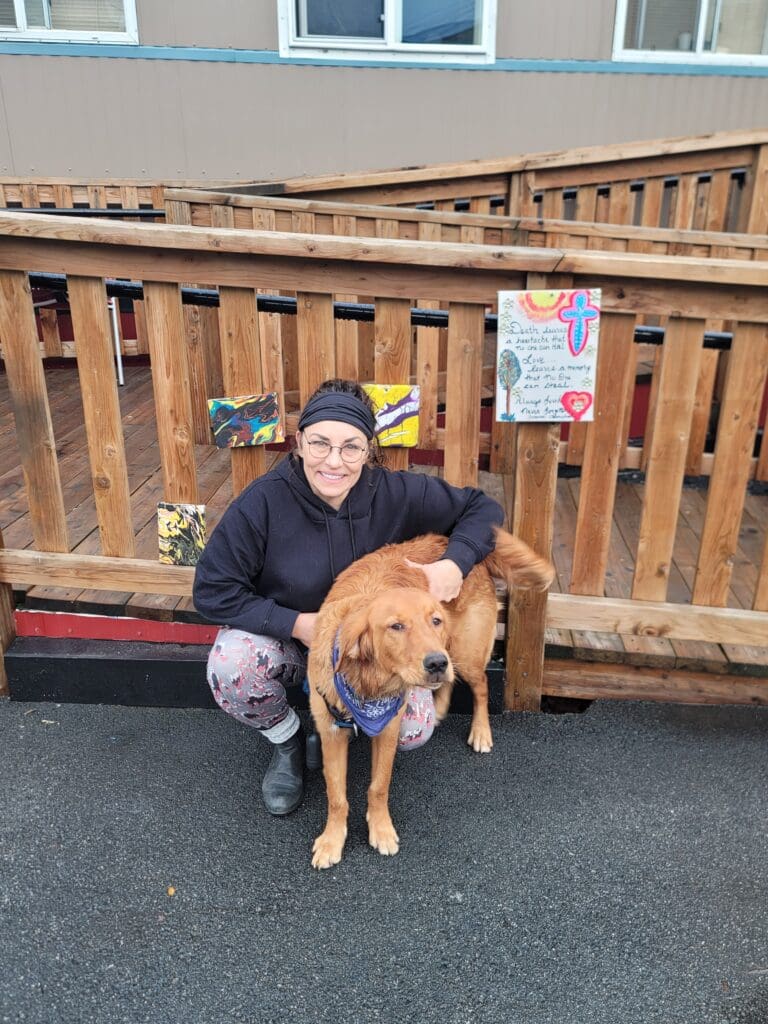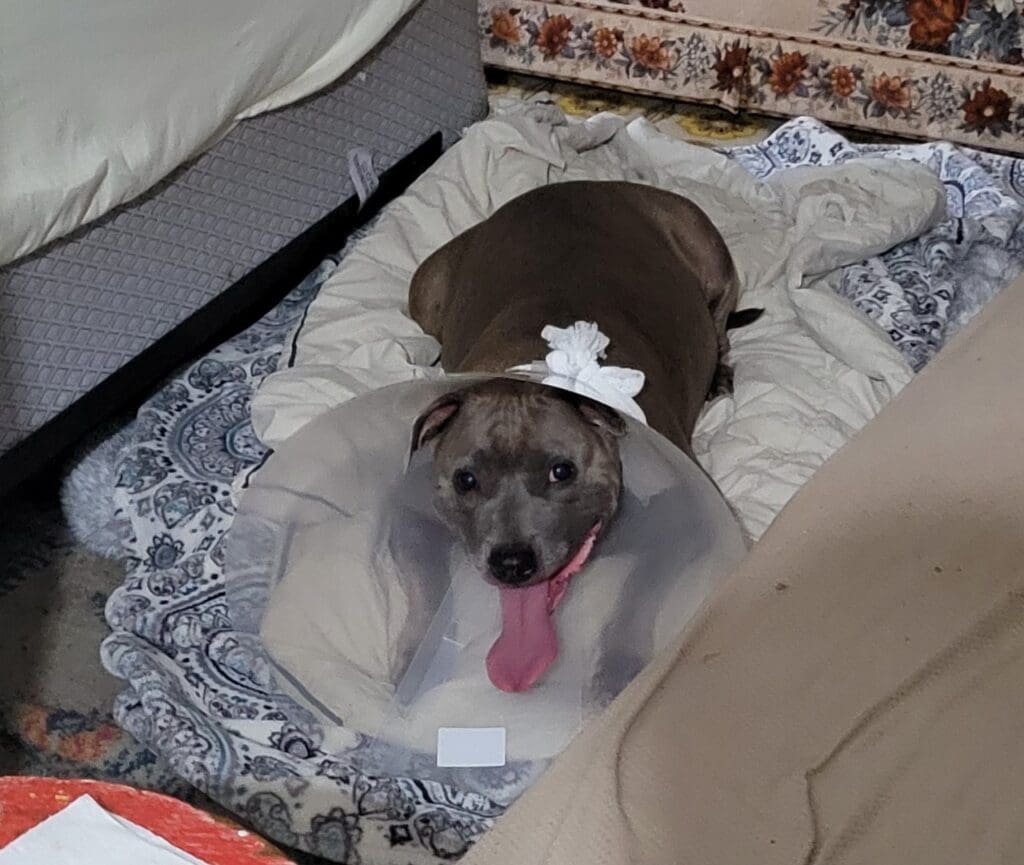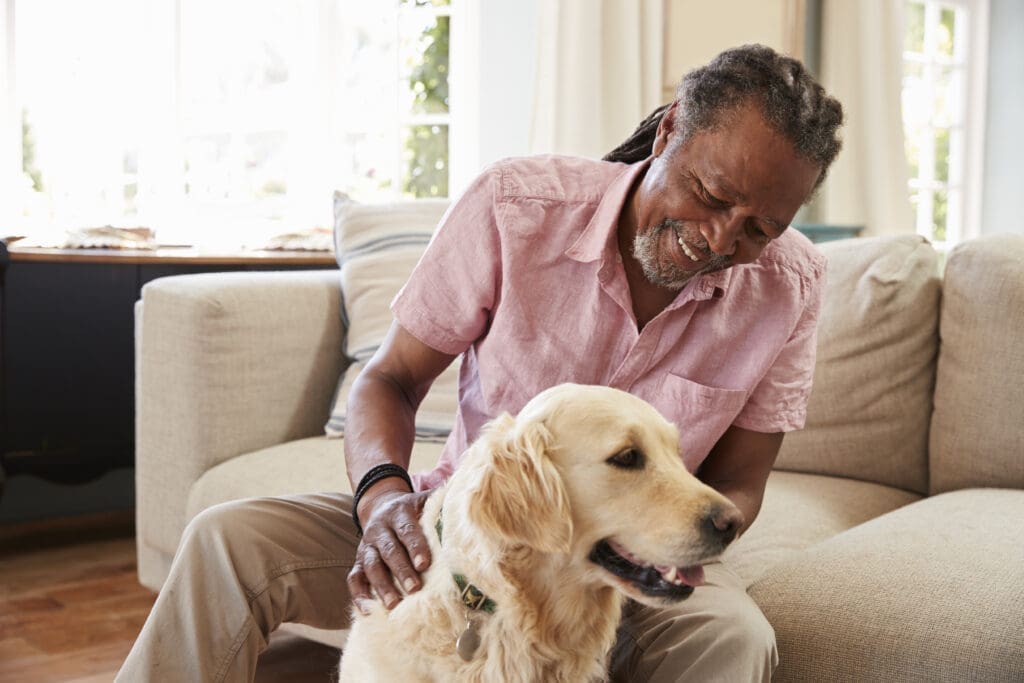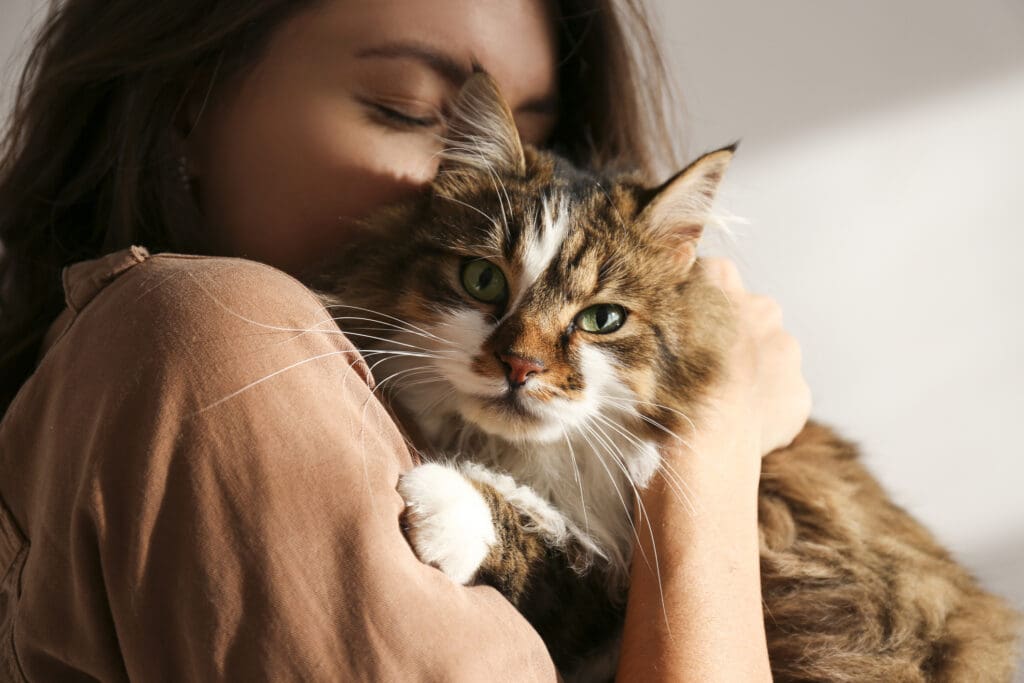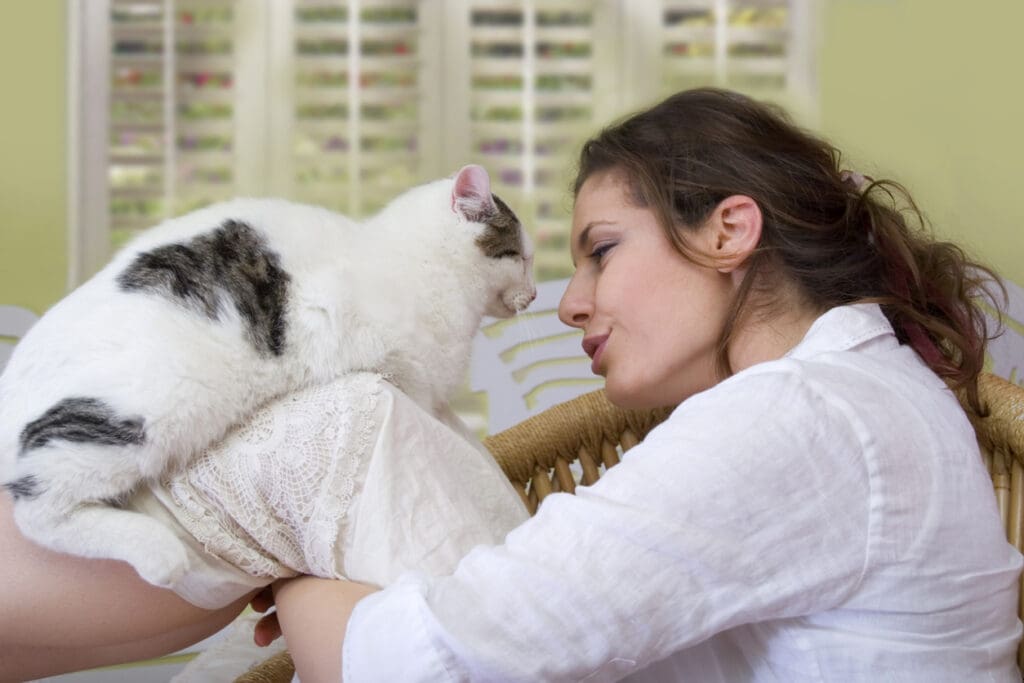The love between a human and their companion animal knows no bounds.
That’s why VHS’s companion animal programs focus on keeping loved pets in their homes.
People who are experiencing a period of life with low or no income still love and care for their pet companions. Sadly, animal guardians who cannot afford emergency veterinary care are often faced with an impossible choice: allow their animal to suffer, or surrender them to a shelter to get the care they need.
We know that these aren’t just ‘pets’. They are Harvey, or Sophie, or Clover, or Oliver – individuals who have strong relationships with their families, who offer solace, emotional support, and unconditional love. When these animals get injured or sick, they need a safety net so they can stay in their loving homes. VHS’s programs are here to make sure they get the help they need.
Working to help companion animals
The Vancouver Humane Society’s veterinary support program offers life-saving help to bring animals back home to their families who love them after an emergency. See the animals currently being supported, apply for help, or find other resources for preventative care.
The Vancouver Humane Society does not operate an animal shelter. Instead, VHS’s companion animal programs focus on keeping loved pets with their caring families and out of the overburdened shelter and rescue system.
To see adoptable animals, please visit this directory for a list of Paws for Hope Network Partners, some of which offer animals for adoption. Thank you for adopting!
Latest updates
Stay informed on the latest companion animal news. Explore uplifting stories, informative tips on animal care, important updates, and more.

DONATE TO HELP SICK AND INJURED PETS TODAY!
In the media
Follow key moments in the work towards a kinder world for companion animals. This timeline highlights major news, developments, and advocacy efforts shaping the conversation on pet guardianship.
Past actions for companion animals
Explore past actions for companion animals and the impact they’ve made.
Take action for pet-friendly housing (federal e-petition)
UpdateThis petition is now closed. Thank you to all who spoke up for pet-friendly housing!…

